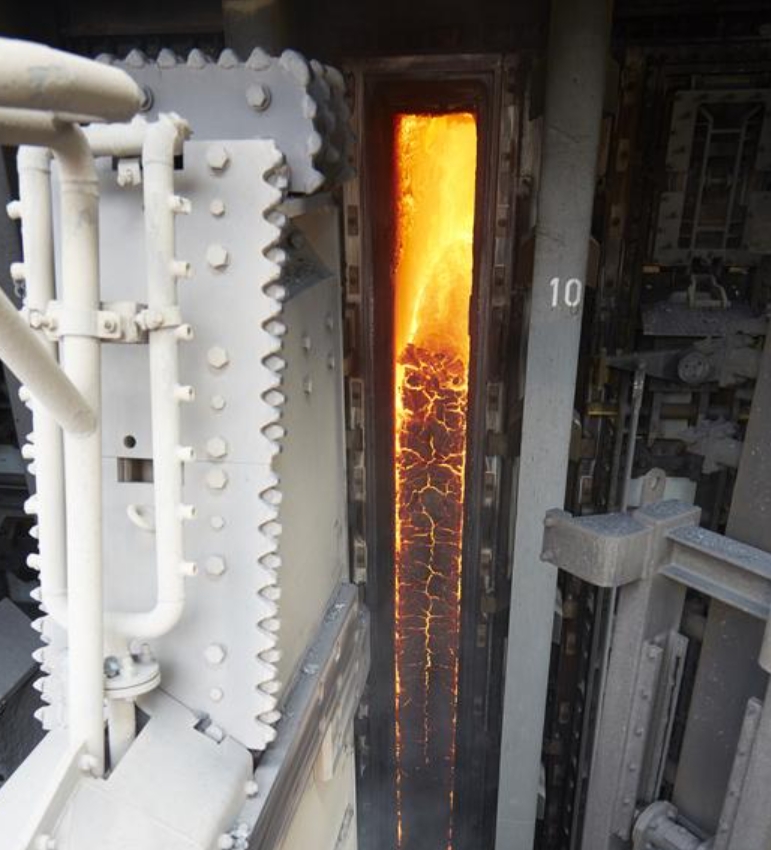Germany is the largest steel producer in the EU. Around a third of the carbon dioxide (CO2) emitted by the entire industry in Germany is produced in blast furnaces. However, an alternative process route is in sight that produces almost no CO2. However, it will only be fully established in many years. For the transition, engineers are developing a concept under the coordination of the University of Duisburg-Essen (UDE) to recycle the resulting CO2. The Federal Ministry of Research is funding the project.
In the coming decades, the large steel companies will switch to direct reduction plants, which will initially be operated with natural gas and later with hydrogen. Iron ore is reduced to iron with the help of hydrogen. The subsequent melting works with regeneratively produced electricity. The resulting CO2 emissions are negligible at around 30 kg per tonne of crude steel. But it will still be decades before the corresponding infrastructure – from hydrogen production to predominantly CO2-free electricity generation – is complete.
In the transitional phase, direct reduction produces high-purity CO2 as a by-product that is to be reused in blast furnaces, because over the next 20 to 30 years the classic and the new process will coexist.
Engineers from the UDE are therefore developing a concept together with thyssenkrupp Steel Europe AG and the TU Clausthal as to how CO2 can be recycled directly in the process in the short term. The aim of the “NuCOWin” project is to answer the fundamental questions of process and plant technology for implementation on an industrial scale.
“The great challenge lies in developing economical processes within the transformation in the steel industry, but also in other industrial areas, that no longer emit CO2 into the atmosphere,” explains project manager Prof. Dr.-Ing. Rüdiger Deike from the UDE Institute for Metal Technologies. “One should understand: Due to their high energy density, carbon compounds will continue to be indispensable, but the CO2 remains in the cycle.”
Within the funding program “KlimPro: Avoidance of climate-relevant process emissions in industry”, the Federal Ministry of Research is funding the project that has just started for three years with a total of 1.2 million euros.
